Hearing Loss Can Be Helped
Today, I took my Mom’s digital hearing aid to her audiologists for repair.
My Mom was the first customer of this thriving hearing care center back in the mid-90s.
I am always inspired by what I learn about the profound negative impact of hearing loss on the well being of the sufferer (and on their loved ones)
Research suggests that among the elderly, hearing loss is the third most serious health issue following arthritis and hypertension. Although hearing loss has major negative consequences that lead to extreme depression, social isolation, anger, damaged relationships, and feelings of defeat, it often goes untreated for far too long. Because of misinformation, social stigma, and fear of loss of independence, many seniors deny they suffer from hearing loss and compensate to give themselves the illusion that the problem does not exist.
To compound the problem, compensating for hearing loss can be frustrating and exhausting and it exacts pressure on loved ones who are expected to accommodate the unaided hearing loss. Surprisingly, only 20% of people (of all ages) with hearing loss find treatment through hearing aids.
I have found that acceptance of hearing loss is the first step toward improved communication, better quality of life, and enhanced well-being of loved ones.
Although Dad suffered gradual, noticeable hearing loss over the years, he denied he had a problem. As a result, he remained stubbornly oblivious to the impact his hearing loss had on others and vented his inner turmoil and frustration outwardly. Gradually, he has retreated to his bed where he shuts out all sound and light. I learned from him how difficult it is to live with someone who misses out on key communication yet refuses to seek help. Instead he blames others.
My Mom, on the other hand, accepted her hearing loss a decade ago. This enabled her to benefit from state of the art hearing aid technology and the help of trained audiologists who provide hearing screenings, earwax removal, free cleaning instrument adjustments, and instrument programming.
Mom has worn two in-the-canal devices for more than ten years.
So, how do you recognize hearing loss? Review this list from Avada™ Hearing Care Centers for key warning signs:
---People seem to mumble more frequently.
---You hear, but have trouble understanding the words.
---You often ask people to repeat what they have said.
---Telephone conversation is increasingly difficult.
---People say you play the television too loud.
---You cannot hear some common household sounds: a dripping faucet, the refrigerator, a ticking clock, or watch, the doorbell ringing.
---You have trouble understanding when your back is turned to the person speaking.
---You have been told that you speak too loudly.
---You experience ringing or noises in your ears.
---Conversations are difficult in large groups or a crowd.
If you suspect your loved one (or YOU) suffer from hearing loss, seek help from a skilled hearing practitioner immediately. The sooner you seek help, the sooner your quality of life will improve.
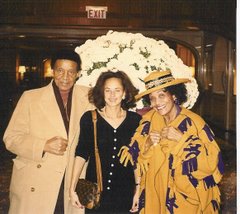
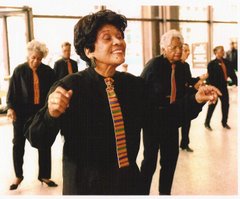
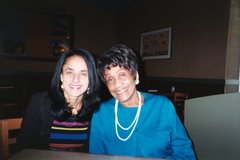
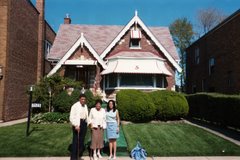
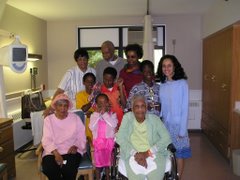

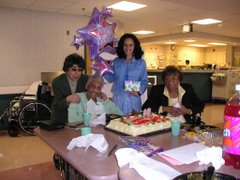
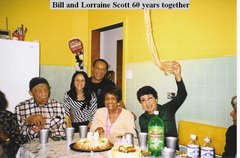
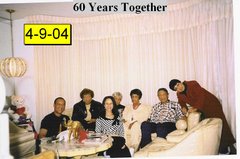
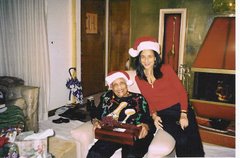
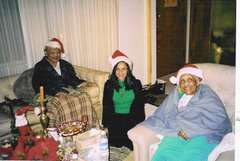
.jpg)
No comments:
Post a Comment